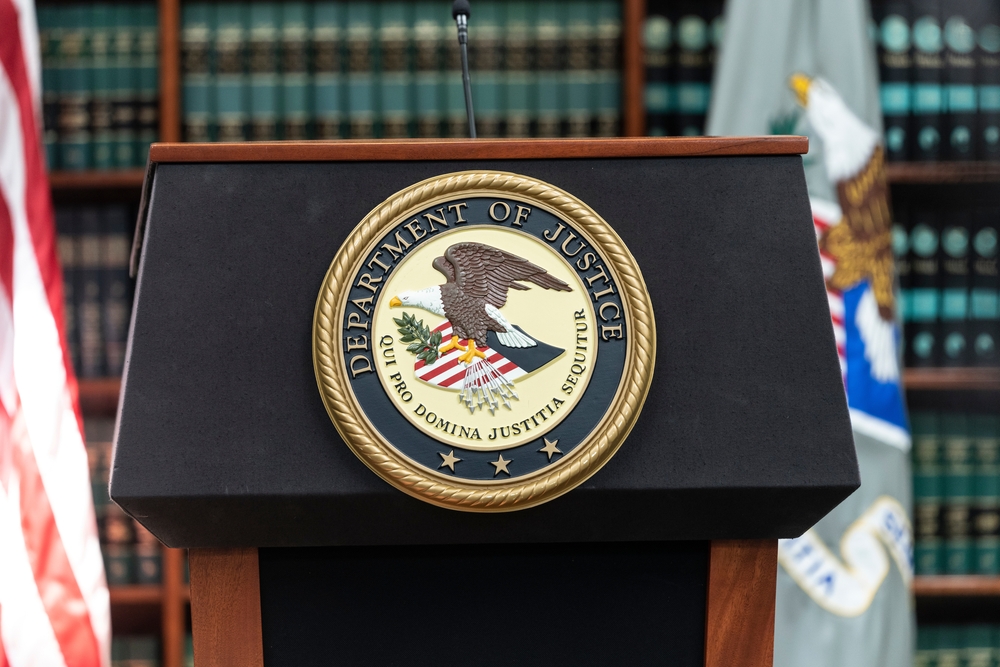
Imagine taxpayers spending millions of dollars collectively trying an Illinois governor, and in the end, the case all but collapses. The jurors only convict on one of 24 counts . They end up deadlocked on the rest.
Imagine that. Yes,it’s not too hard, considering it happened in the first trial of ex-Illinois Gov. Rod Blagojevich. Isn’t it fair to assume people want to know why the case collapsed? Can we go as far as to say they have a right to know? I’d say Yes.
So I speak with some mixed feelings when I read that the U.S. District Judge James Zagel in Chicago on Tuesday ruled that he won’t release the names of the jurors until 9 a.m., the day after the verdict in the retrial of Blagojevich, which begins April 20.
The judge wants to protect the jurors. Fair.
Zagel raises some good points: He says the press after the first trial hounded the jurors to find out what they were thinking. They knocked on doors. A TV helicopter reportedly flew up above a home where one jury was staying, the Associated Press reported. The judge has said the press was obnoxious, that reporters went too far.
I’m for some balance. Jurors have rights. But so does the public — the right to know. At minimum, the judge — and in other high profile cases as well — should strongly suggest — and not just throw it out as an option — that at least one of the jurors should brief the press after the verdict. Judges have a way of being persuasive, particularly after they bond with jurors during a trial. They can make it happen. And maybe that way, reporters wouldn’t have to knock on doors.
We have a right to know: What the prosecution, what the defense did right, what they did wrong. Was it taxpayers’ money well spent? Did justice — regardless of the verdict — prevail?
There should be dignity in these proceedings. No question. But citizens — the lion’s share who don’t have time to attend these trials — have the right to know what’s going on in the courts.
And while I’m at it, frankly, it’s time to bring television cameras into federal court to let citizens — some who have never stepped foot in a federal court — see what’s going on. Worse yet, some federal courts, like in Alexandria, Va., do everything to make it difficult for the press to do its job. The court there doesn’t allow reporters to carry cell phones (this is the 21st Century) and laptops (granted they shouldn’t be used in the courtrooms).
I have to commend federal courthouses like the one in Washington, which try to accommodate the press. Reporters can carry cell phones and bring a laptop into the courthouse. And during some trials, like the one in D.C. involving Sen. Ted Stevens, the court set up an overflow room with TV monitors where reporters used laptops to report to the public what was going on. Other courthouses should follow suit.
Federal court is a dignified place. But let’s strike a balance. Let’s not lose sight of the fact the people have a right to know what’s going on!





